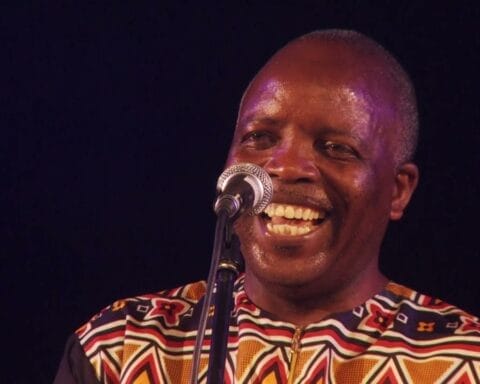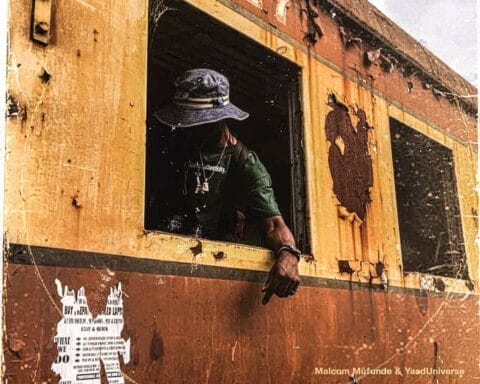Tatenda Ngwaru is an intersex woman struggling to make New York City her new home. After fleeing Zimbabwe with sixty dollars and the hope to finally find a place where she belongs. Driven by a desire to educate others about the lives of intersex people, Tatenda fights homesickness and personal demons to tell her story during the 2018 New York Pride.
Tatenda moved to the United States with sixty dollars and the hope that she’d finally find a place to belonged. Raised as a boy in rural Zimbabwe, she spent her teens trying to understand her complicated gender identity in a highly restrictive society before finally discovering she was intersex, a person born with both male and female sex characteristics.
Tatenda’s decision to embrace her identity in a country where being queer is criminalized and stigmatized caused a rift in her family and eventually forced her to flee Zimbabwe after receiving community pressure and threats of violence.
Two years later, as Tatenda struggles to find her community in New York, her parents in Zimbabwe are dealing with a sense of loss in her absence. Driven by a desire to educate others about the lives of intersex people, Tatenda fights homesickness and personal demons to tell her story during the 2018 New York Pride.
What is intersex?
Intersex is a general term used for a variety of conditions in which a person is born with a reproductive or sexual anatomy that doesn’t seem to fit the typical definitions of female or male. For example, a person might be born appearing to be female on the outside, but having mostly male-typical anatomy on the inside. Or a person may be born with genitals that seem to be in-between the usual male and female types—for example, a girl may be born with a noticeably large clitoris, or lacking a vaginal opening, or a boy may be born with a notably small penis, or with a scrotum that is divided so that it has formed more like labia. Or a person may be born with mosaic genetics, so that some of her cells have XX chromosomes and some of them have XY.








